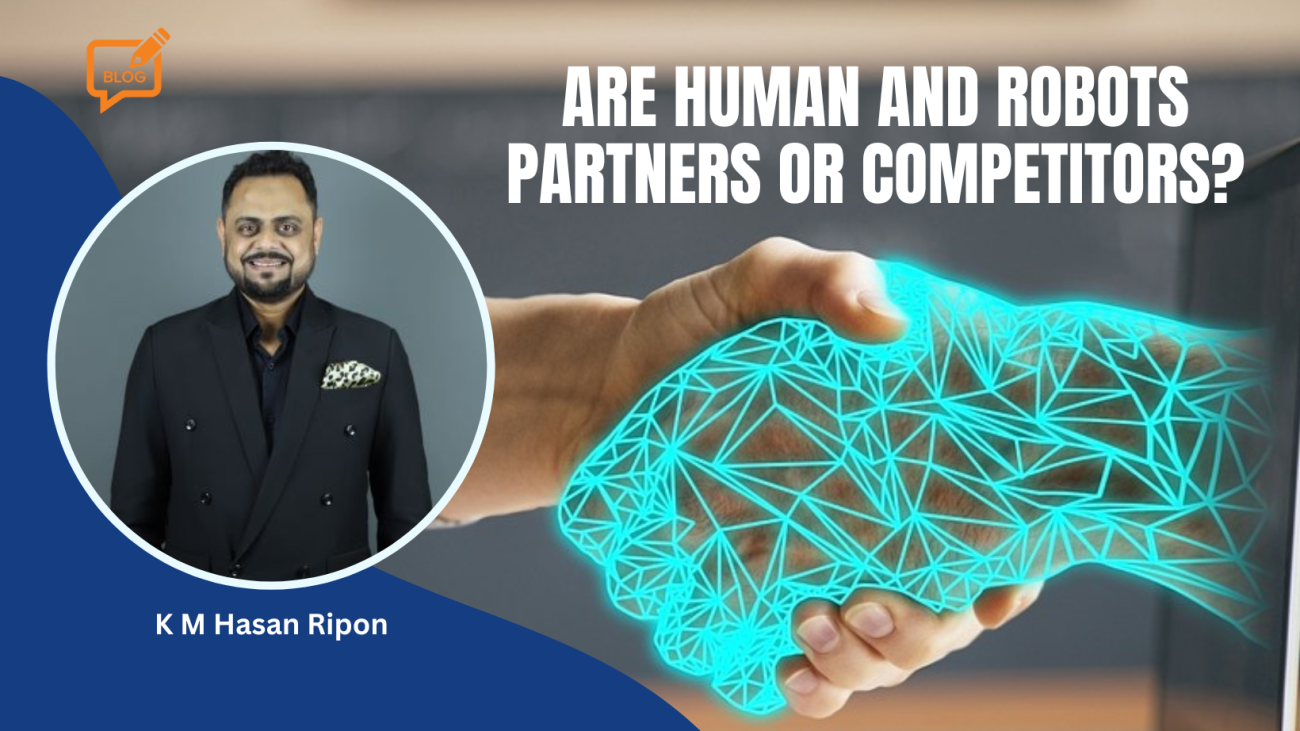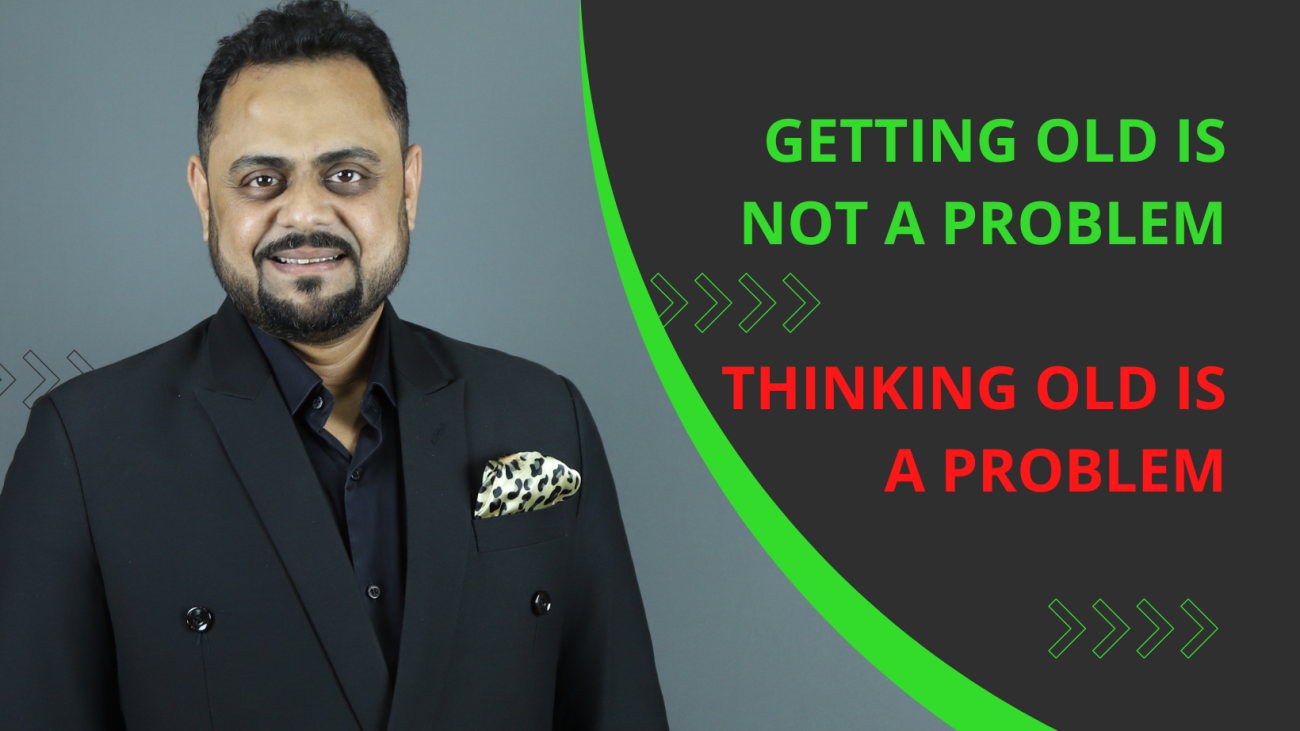Humans are the most powerful than any robot or artificial intelligence system that has been created so far. Human is capable of performing a wide range of tasks and functions that are not yet possible for robots or AI systems, such as understanding and experiencing emotions, creativity, and understanding and responding to complex social situations.
Human is also capable of multitasking, recognizing billions of patterns, making decisions, and learning from experience, which is still a challenging task for robots and AI systems. Additionally, humans can adapt and learn new things, while robots and AI systems can only perform the tasks they have been programmed to do.
On the other hand, robots and AI systems can perform specific tasks more quickly and efficiently than humans, such as performing calculations and analyzing large amounts of data.
Currently, robots and artificial intelligence systems are capable of performing a wide range of tasks. These tasks include:
- Understanding and experiencing emotions: Robots and AI systems can mimic basic human emotions and respond to certain social cues.
- Creativity: Robots and AI systems can perform certain tasks that require problem-solving and critical thinking.
- Empathy: Robots and AI systems can be programmed to respond to certain situations.
- Decision-making: Robots and AI systems can be programmed to make decisions based on certain rules and data.
Tasks that are considered unique to humans include:
- Understanding and experiencing emotions: Humans have the ability to understand and experience a wide range of emotions, such as joy, sadness, anger, and love, which are critical for social interactions and decision-making.
- Creativity: Humans have the ability to generate truly original ideas and solve complex problems in unique ways, which is essential for innovation and progress.
- Empathy: Humans have the ability to understand and share the feelings of others, which is critical for social interactions and building relationships.
- Decision-making: Humans have the ability to make decisions based on intuition, emotions, and past experiences, which is essential for adapting to new situations and solving problems.
- Self-awareness: Humans have the ability to reflect on themselves and their actions, which is essential for personal growth and development.
- Critical thinking: Humans have the ability to analyze and evaluate information, arguments and ideas, and to form their own opinions and decisions.
- Adaptability: Humans have the ability to learn and adapt to new situations, cultures, and environments.
- Intuition: Humans have the ability to make quick decisions based on a combination of past experiences, emotions, and subconscious processing.
It’s important to note that while the human is currently considered more powerful than robots and AI systems, it does not mean that robots and AI systems do not have their own advantages. With the rapid pace of technological advancements, it’s possible that robots and AI systems will eventually be able to perform many tasks in the future that are currently considered unique to humans.
It is also essential, to recognize that robots and artificial intelligence are tools created by humans to help humans in various tasks and situations. They can improve efficiency and productivity of human, but they should not be viewed as a replacement for human workers. Instead, a partnership between humans and robots/AI can lead to greater overall success and advancements. By combining the strengths of both humans and robots/AI, we can achieve better results and solve more complex problems.
It’s significant to understand the capabilities and limitations of the technology and use it to complement human skills and expertise. By working together, humans and robots/AI can improve efficiency, productivity, and overall performance in various industries. Therefore, it’s important to view robots and AI as a tool, not as a competitor, and to focus on how they can be used to augment human capabilities and augment our lives.
Author,
K M Hasan Ripon, Executive Director, BSDI






